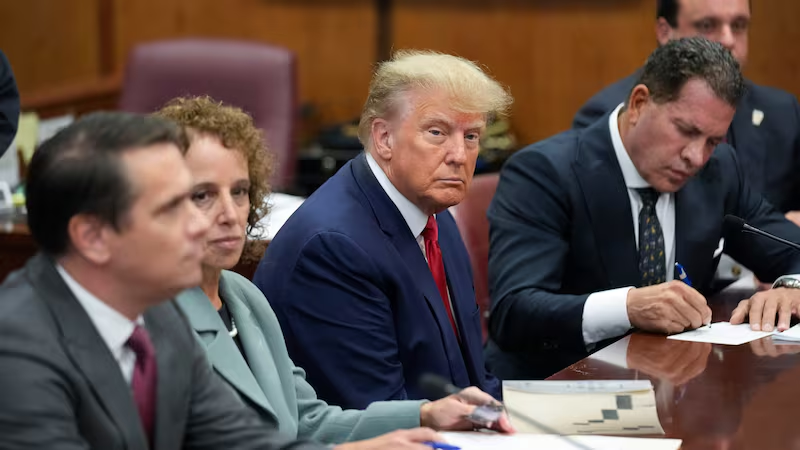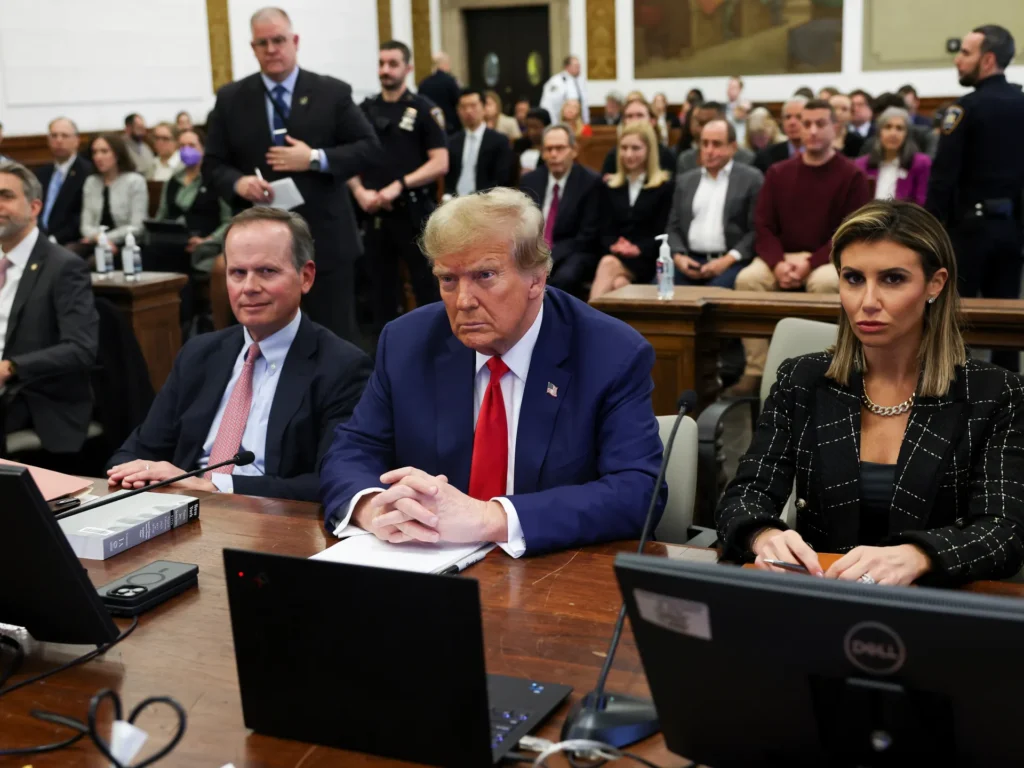U.S. President-elect Donald Trump failed on Monday to postpone his sentencing in the hush money case involving adult film actor Stormy Daniels. Trump’s legal team cited presidential immunity and the demands of his upcoming January 20 inauguration in their argument, but the court rejected their request.

Justice Juan Merchan dismissed the motion, describing it as a reiteration of prior arguments. He confirmed that Trump’s sentencing would proceed as scheduled on Friday, January 10.
Merchan indicated last week that he was unlikely to impose jail time, suggesting instead an unconditional discharge—marking Trump’s criminal conviction on his record without a fine or probation. Trump, 78, may choose to attend the sentencing in person or virtually.
Trump’s Legal Argument Rejected
Trump’s lawyers, Todd Blanche and Emil Bove, argued on Monday that delaying the sentencing was essential to allow appeals to proceed, noting that a delay would likely extend the process past Trump’s inauguration.
“Presidential immunity violations cannot be ignored in favor of a rushed pre-inauguration sentencing,” the lawyers said in court filings.
However, Merchan dismissed the claim, emphasizing the need for prompt judicial resolution.

Prosecutors from Manhattan District Attorney Alvin Bragg’s office opposed the delay, stating in their filing, “The balance of equities weighs heavily in the People’s favor given the strong public interest in prompt prosecution and the finality of criminal proceedings.”
The case centers on a $130,000 payment Trump’s former attorney Michael Cohen made to Stormy Daniels to suppress her claims of a sexual encounter with Trump before the 2016 presidential election. Trump has denied the affair and the allegations.
In May, after a six-week trial in Manhattan criminal court, a jury convicted Trump on 34 felony counts of falsifying business records to conceal the payment.
The conviction made Trump the first U.S. president—sitting or former—to be charged and convicted of a crime.
Since the verdict, Trump’s lawyers have unsuccessfully sought to overturn the case, arguing it interferes with his ability to govern following his reelection. Merchan previously ruled that the case concerns Trump’s personal conduct, not his official duties, and is unrelated to the U.S. Supreme Court’s decision in a separate case concerning presidential immunity.
The hush money case has fueled political and legal tension, with Trump alleging that District Attorney Bragg, a Democrat, brought the case to undermine his reelection campaign. Bragg’s office has maintained that it routinely prosecutes similar felony charges.
Trump’s sentencing will proceed Friday, with significant public interest as the case continues to shape discussions about presidential accountability and the rule of law.



